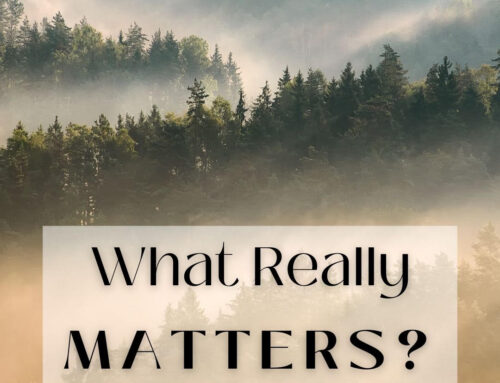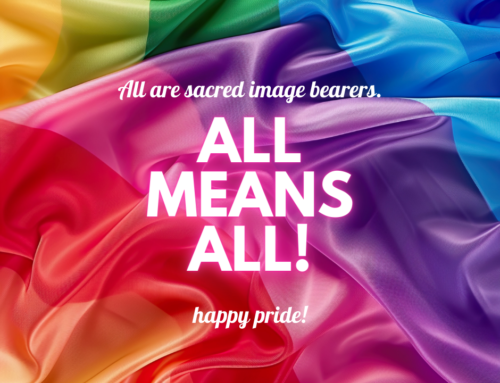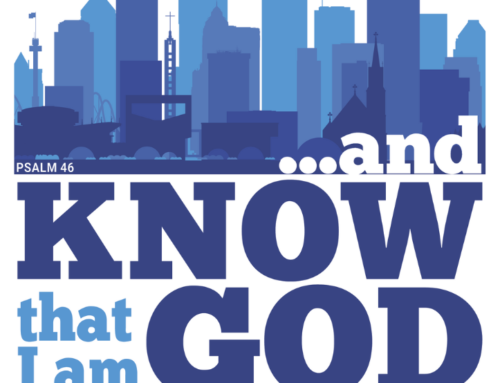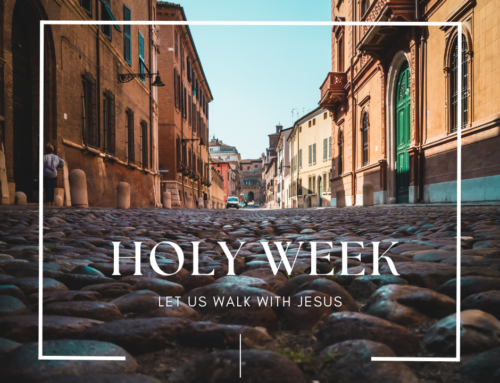I read once about the Prisoners of War during WWII, Vietnam, and Korean Wars. When they asked the survivors about those who died, what they discovered is that those who believed they’d be home “by Christmas” did not survive long after Christmas came and went.
On one of my favorite tv shows, Ted Lasso, they referenced a common phrase from the United Kingdom—“It’s the hope that kills you.” And the ineffable Coach Lasso does his darnedest to show that hope is what makes life livable.
In the book Burnout, the authors suggest that it actually wasn’t hope that was the killer for the POWs. Just the opposite. It was an inability to adjust what defined “success” and the completion of their goal, and an inflexibility around the timelines for completion/success. When their belief that they’d only be a prisoner for a few months was proven incorrect, they had nothing else to place their hope in.
My friends, I was that person at the start of the Covid-19 pandemic. I remember sitting in a meeting with other pastors who wanted to start planning for online Holy Week in 2020, and I said, “Hold up. I just have to pause this conversation. You really think we’ll still be in this then?” When everyone else in the group expressed surprise that I thought the pandemic would be over by April 2020, it was like a load of bricks fell on me. How could we possibly exist like this for so long?!
That was my first “home by Christmas” moment.
I took some time. I grieved. I grieved the loss of normal and surety. I cancelled a trip I had been looking forward to. I grieved some more. I cancelled all the plans I had for James’ 30th birthday party. I grieved and snuggled our (unintentional) Pandemic-Puppy. I went outside for my prescribed daily walk. I planted a garden. I grieved some more. I learned things about myself. I learned about James. I learned about exposure timelines and quarantine protocols. We learned how to both work from home at the same time (purely by God’s grace, I am sure). I watched people flood the street to protest racism and violence. I learned how to file a PPP application and how to talk through doors and windows. I learned that rest isn’t earned and can’t be replaced with anything else. Brené Brown became a dear companion during the pandemic, who’s work gave the courage to cultivate vulnerability in my spaces.
And then, one day, in the midst of that grief, my sister set up a Zoom Family Happy Hour. And my sports-loving family all hopped on Zoom and watched a horse race (the only sporting event on tv) from our respective couches.
It was so weird. And it was so normal. It was beautiful. It gave me a picture of what Christ’s Church can be—creative, vulnerable, real, flexible, and supportive of one another through all of life’s complexities and losses and celebrations. Life didn’t have to be on pause. It just needed a little creativity.
Church, you can exhale. We can stop holding our breath. Let us dream new dreams together. Not because the pandemic has ended, and everything can just go back to the way it was. But because we’re two years into “two weeks to end the curve!”, and we must have realized by know that “two weeks to end the curve” was the pandemic version of “home by Christmas.”
I am not minimizing the pandemic. We have lost far too many lives. There are no words weighty enough for that loss. Far too many people have lost jobs, homes, security, relationships. Too many students were trapped in homes that were not safe. We don’t even know the long-term effects this will have on our society, let alone the long-term bodily ramifications of Covid-19 itself.
Dreaming and grieving are not opposite ends of the spectrum. We just can’t keep putting life on pause any more. So let us imagine new ways of doing life, new ways of participating in God’s Kin-dom, new ways of meeting our neighbors, new ways of being the Body of Christ.





